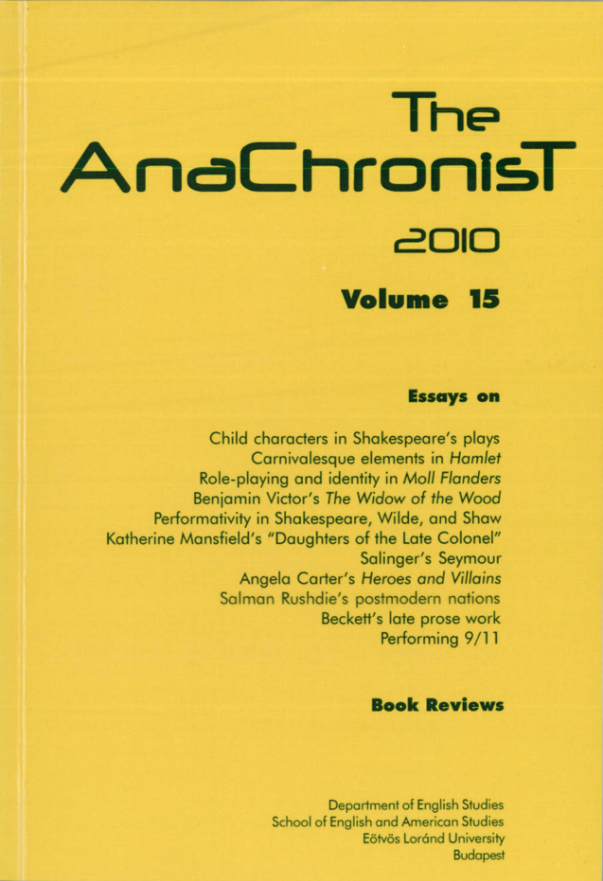Rushdie's Postmodern Nations
DOI:
https://doi.org/10.53720/ILZA3359Abstract
This paper argues that Midnight’s Children allegorizes India in two ways. First, the allegory of Saleem Sinai’s body speaks about the official version of India, the pedagogical nation that is modern by definition, since it aims to parade as a transcendental, seamless, and disembodied master narrative. Second, the dissonant “noise” of the midnight’s children attempts to provide an alternative: their miraculous community allegorizes an enchanting yet fragile postmodern nation, which reintroduces the voice of the subject into national discourses. This second allegory depicts India as an “elephantiasic” imagined community, which, even though it aims to act as an alternative, inherits the structure of the modern nation, and falls apart precisely for this reason. Unable to redefine the modern paradigm, the novel attempts to reconcile the postmodern nation with it, which overburdens this miraculous yet feeble entity. Therefore, the postmodern nation remains an enchanting but never fulfilled promise in the novel.

